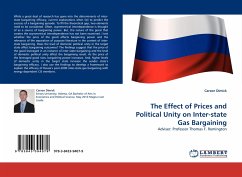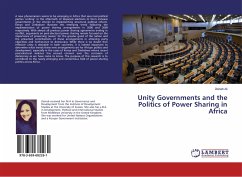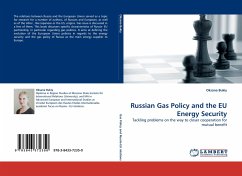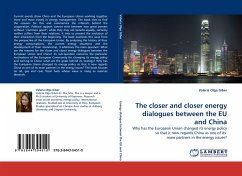While a great deal of research has gone into the determinants of inter-state bargaining efficacy, current explanations often fail to predict the success of a bargaining episode. To fill the theoretical gap, two elements need to be considered. Often, asymmetrical interdependence is thought of as a source of bargaining power. But, the nature of the good that creates the asymmetrical interdependence has not been examined. I test whether the price of the good affects bargaining power and the relevance of the separation of purpose literature in the context of inter-state bargaining. Does the level of domestic political unity in the target state affect bargaining outcomes? The findings suggest that the price of the good leveraged in an instance of inter-state bargaining and the level of domestic political unity affect the bargaining result. As the price of the leveraged good rises, bargaining power increases. And, higher levels of domestic unity in the target state increase the sender state's bargaining efficacy. I also use the findings to develop a framework to explain the efficacy of Russia's post-2000 inter-state gas bargaining with energy dependent CIS members.
Bitte wählen Sie Ihr Anliegen aus.
Rechnungen
Retourenschein anfordern
Bestellstatus
Storno








